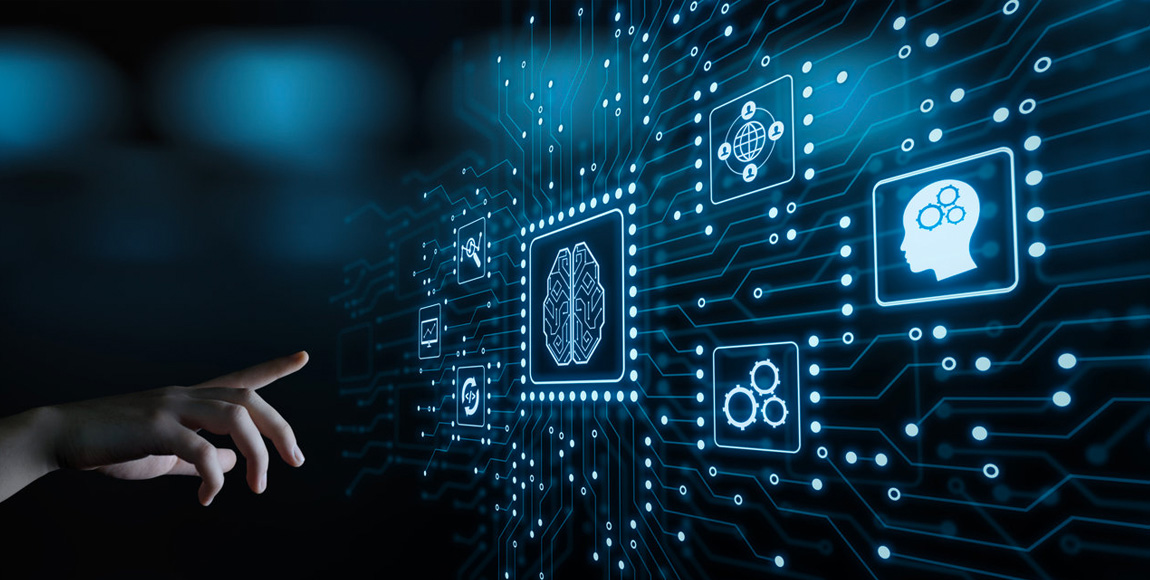Taking procurement into the 4IR

Logistics companies need speed, efficiency and accuracy when it comes to their procurement services, and digitising this process is on course to deliver just that
The global procurement market is expected to grow by 7,6 percent over the next four years, from R77,7 billion to R112,2 billion by 2024, according to market research and consulting firm MarketsandMarkets’ 2019 procurement research report.
This incredible growth is being driven by automation, advanced technology and a growing demand for lower procurement and operational costs.
South Africa’s logistics procurement market is heavily reliant on methodically and systematically sourcing the right kinds of goods and services in order to be able to provide a service to clients.
Without question, new technology such as data analytics, automation, blockchain and the internet of things (IoT), is helping to reduce the cost of doing business and stamp out corruption or unreliability of suppliers.
In a developing nation such as South Africa, procurement is a vital means of controlling spend, as organisations can fork out more than two thirds of revenue on procurement. The level of transparency can be used as a means to combat corruption (especially considering that corruption can add up to 25 percent to the cost of procurement contracts). It can also be used to protect a company’s brand by maintaining a level of accountability.
As a means of upholding the scale of a business and strengthening strategic collaboration and alliances, procurement is focused on transitioning to digitised data storage in order to improve real-time analytics and enable a company to know on which areas of collaboration to focus and what value such efforts will yield.
“It brings home the point that how data within a logistics procurement is mined, stored and analysed will determine the extent of the cost savings and levels of efficiency and innovation for a logistics business,” says Melita Ntsane, head of procurement for Bidvest International Logistics (BIL).
Machine learning, a form of artificial intelligence (AI), is also set to become a critical lever. Machine learning automates data analytics to identify patterns for decision-making with little or no human interaction. Ntsane says that pricing comparisons, inventory replenishment, asset tracking, invoicing and vendor management are all areas in which machine learning could yield greater value through predictive analystics and insights.
“We want to change the landscape of our efficiency and bargaining power and elevate how we collaborate with companies in our supply chain,” says Ntsane. “Taking a calculated leap into the Fourth Industrial Revolution (4IR) realm will give BIL the competitive edge and progression it needs and wants.”
Published by
Focus on Transport
focusmagsa




